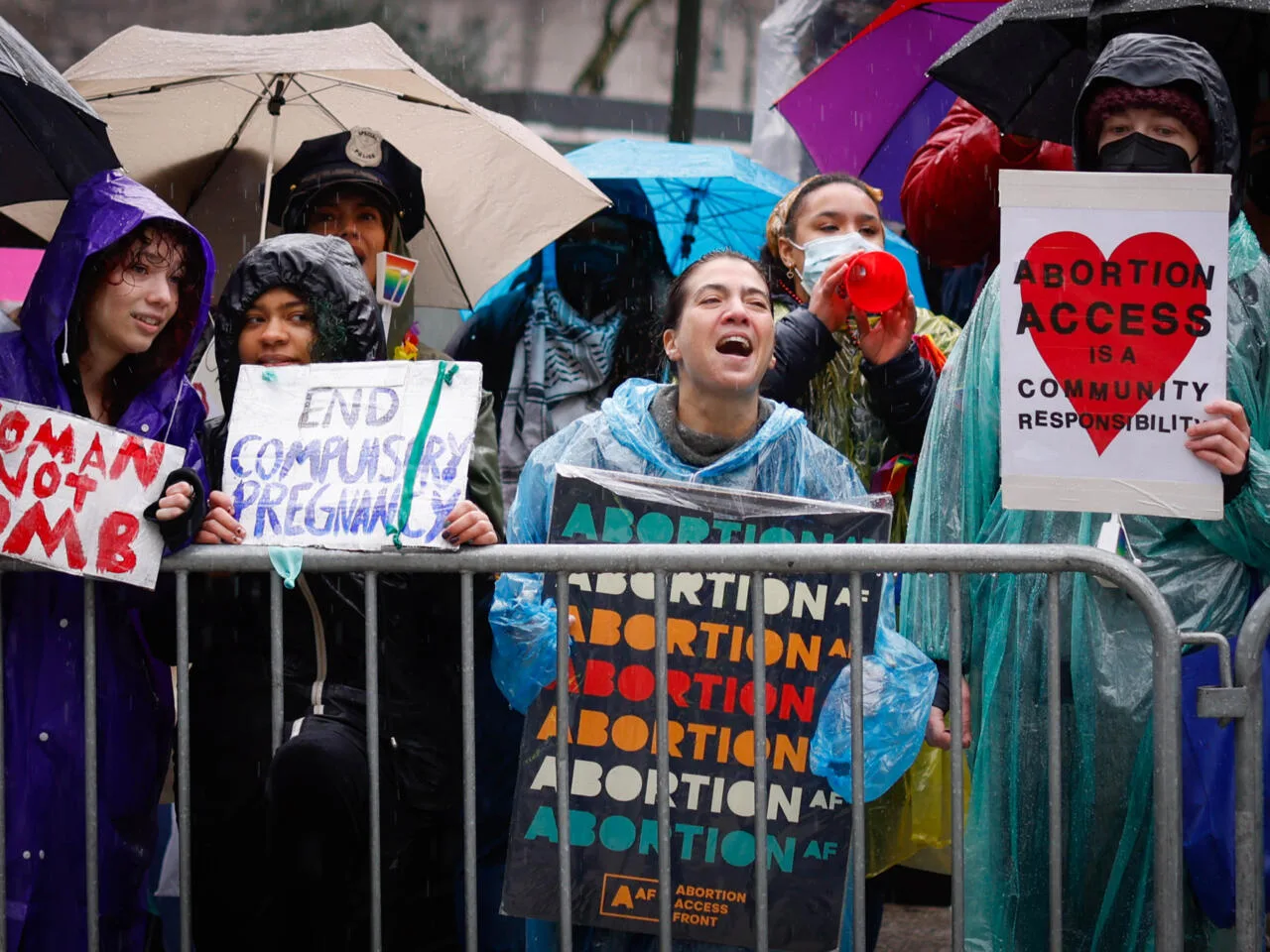In a significant move to safeguard the privacy of women seeking abortions, the Biden administration issued a final rule on Monday, bolstering privacy protections under the Health Insurance Portability and Accountability Act of 1996 (HIPAA). The rule, issued through the Office for Civil Rights at the US Department of Health and Human Services, prohibits the disclosure of protected health information related to reproductive health.
The aim of the rule is to shield women, particularly those residing in states with restrictive abortion laws, who travel out of state to access abortion services legally. This trend has surged in recent years as states have imposed more stringent regulations on abortion rights.
According to the Guttmacher Institute, an advocacy organization supporting abortion rights, the number of women crossing state lines for abortions nearly doubled in the first half of 2023 compared to the same period in 2020.
Some states, including Alabama, Texas, Oklahoma, and Idaho, have attempted to impede such travel by criminalizing assistance or funding for out-of-state abortions, leading to legal challenges.
The rule also extends protection to healthcare providers, insurers, and other entities involved in abortion care or funding. President Biden emphasized the importance of preserving medical privacy, stating that individuals should not face repercussions for seeking lawful reproductive healthcare.
Health and Human Services Secretary Xavier Becerra underscored the fundamental right to privacy, particularly concerning personal health information. The rule explicitly prohibits the use of protected health information related to reproductive care for identifying, investigating, or penalizing individuals or providers involved in reproductive healthcare services, including abortions.
However, it is noteworthy that the rule applies only to situations where abortion care is provided lawfully. Consequently, it does not cover abortions conducted in states where the procedure is banned, but it does protect individuals from those states who obtain abortions out of state.
While the department initially proposed the rule last year, the final version includes provisions to safeguard providers in states where abortion is illegal if their patients seek out-of-state abortions. This provision shields providers from disclosing such abortions to state authorities.
Past actions by the department regarding abortion-related regulations have faced legal challenges from anti-abortion groups, and it is anticipated that this rule will also be contested in court. Secretary Becerra did not provide details on the department’s preparations for potential litigation.



